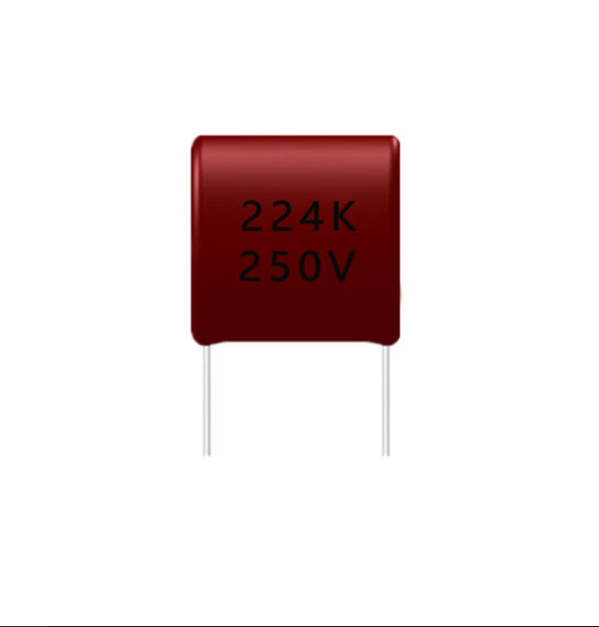Film capacitors are ubiquitous in the electronics market, serving as a fundamental component in various devices. Exploring their operational principles and functionalities provides valuable insights into their utility.
Operational Principles of Film Capacitors:
At their core, film capacitors operate on principles akin to those of standard capacitors. They function by storing electrical energy through the accumulation of charges on their electrodes. The fundamental premise lies in the manipulation of charge movement within an electric field. When a medium is present between conductors, the movement of charges is impeded, leading to the accumulation and retention of charge.
Functions and Benefits of Film Capacitors:
Charge Retention: Like all capacitors, film capacitors primarily serve to retain charge.
Enhanced Performance: Film capacitors distinguish themselves through a range of superior characteristics compared to standard capacitors. Notably, they exhibit non-polarity, high insulation resistance, excellent frequency response across a wide range, and low dielectric loss.
Self-Recovery Mechanism: Metallized film capacitors feature a self-recovery effect. In the event of a short-circuit due to a fragile dielectric, localized melting and evaporation of the electrode metal surrounding the affected area facilitate insulation restoration. This instantaneous self-healing capability ensures the capacitor’s continued functionality, effectively repairing itself.
Understanding the working principles and advantages of film capacitors underscores their significance in electronics, offering reliable performance and resilience in diverse applications.
This article is provided by JYH HSU (JEC) Electronics. JEC is a research, development, production, and sales-oriented company specializing in manufacturing and selling various electronic components such as capacitors and resistors.
Post time: Apr-22-2024

